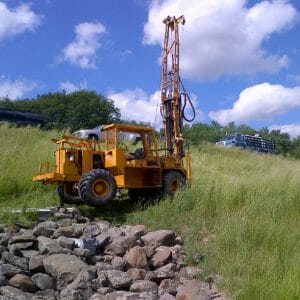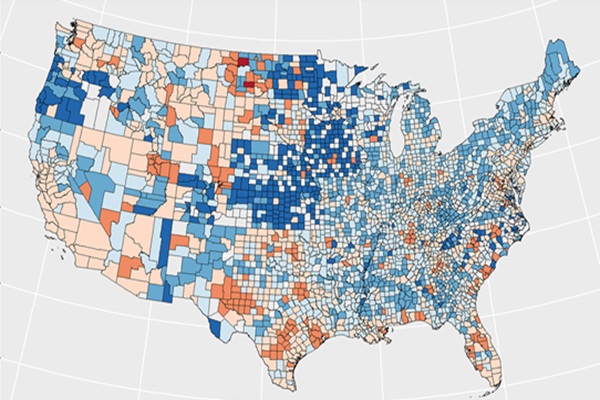Subtotal: $75.00
- Course No.: E – 2087
- PDH Units: 4
No data found for Custom Course Number
No data found for Custom Course Units
- Course No.: E – 2087
- PDH Units: 4
Intended Audience: Civil and Environmental engineers
PDH UNITS: 4
Climate change is fundamentally altering weather patterns, increasing the frequency and intensity of extreme weather events, and challenging the assumptions on which building codes have historically been based. The goal of this course is to equip building professionals with the knowledge to anticipate and incorporate future climate risks into today’s building standards. With real-world examples and expert-led insights, participants will learn how to create safer, more resilient structures that can adapt to an unpredictable climate future. As climate change accelerates, the building codes and standards we rely on must evolve to meet new environmental challenges. This course explores the critical intersection of climate science and building regulations, providing an in-depth understanding of how forward-looking climate data can be integrated into U.S. building codes. Learn from experts on the latest tools, models, and best practices to future-proof buildings and infrastructure against intensifying climate risks such as floods, extreme heat, windstorms, and wildfires. This course equips engineers, architects, and policymakers with the knowledge to create resilient, sustainable buildings that can withstand the test of time. Why take this course? Climate change is reshaping the built environment, and the need to adapt is urgent. This course offers essential insights and actionable strategies to help participants integrate the latest climate science into building design and policy, ensuring safe, resilient, and sustainable communities for future generations. This course is designed for building code officials, construction professionals, architects, engineers, climate scientists, and policymakers involved in infrastructure planning and risk management. It is also suitable for anyone responsible for developing or enforcing building standards in regions facing climate risks.
Learning Objectives
At the successful conclusion of this course, you’ll be able to identify and discuss:- Understand the impact of climate change on the built environment.
- Analyze climate projection data for integration into building codes.
- Identify key gaps in current building codes that fail to address future climate risks.
- Apply forward-looking climate information to building and infrastructure design.
- Recognize the importance of collaboration between climate scientists and code developers.
- Evaluate case studies of successful integration of climate data into building standards.
- Recommend policy changes to enhance climate resilience in building codes.
- Propose solutions to enhance collaboration between stakeholders for better climate-informed building standards.
Once completed, your order and certificate of completion will be available in your profile when you’re logged in to the site.


 E - 1263 Field Explorations for Foundations
E - 1263 Field Explorations for Foundations 







